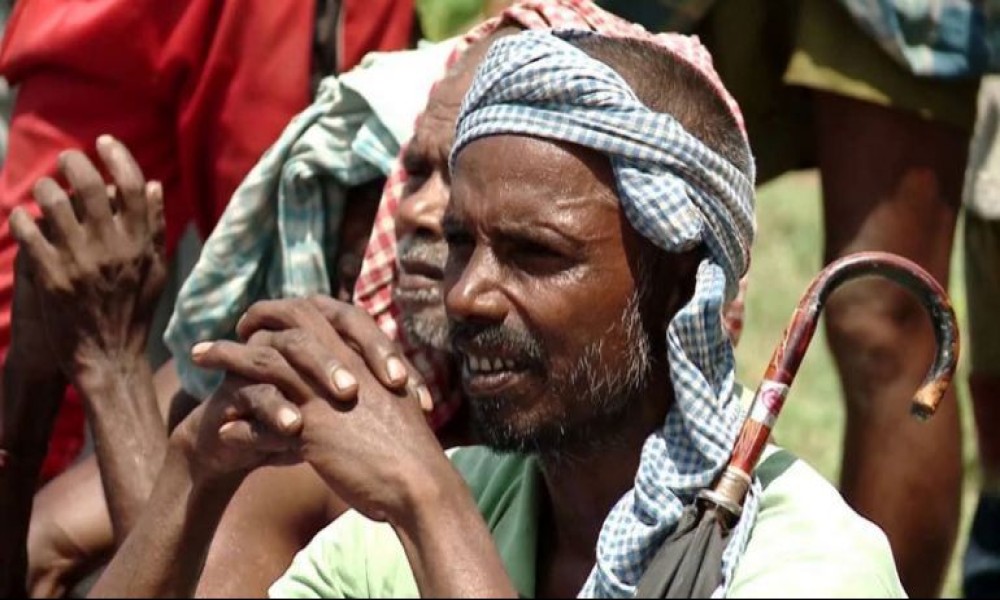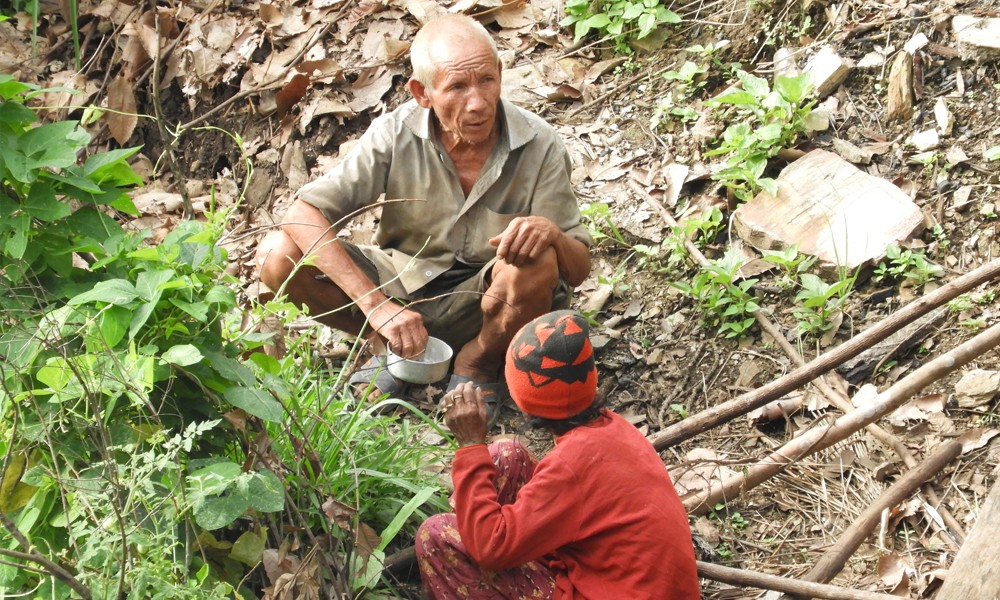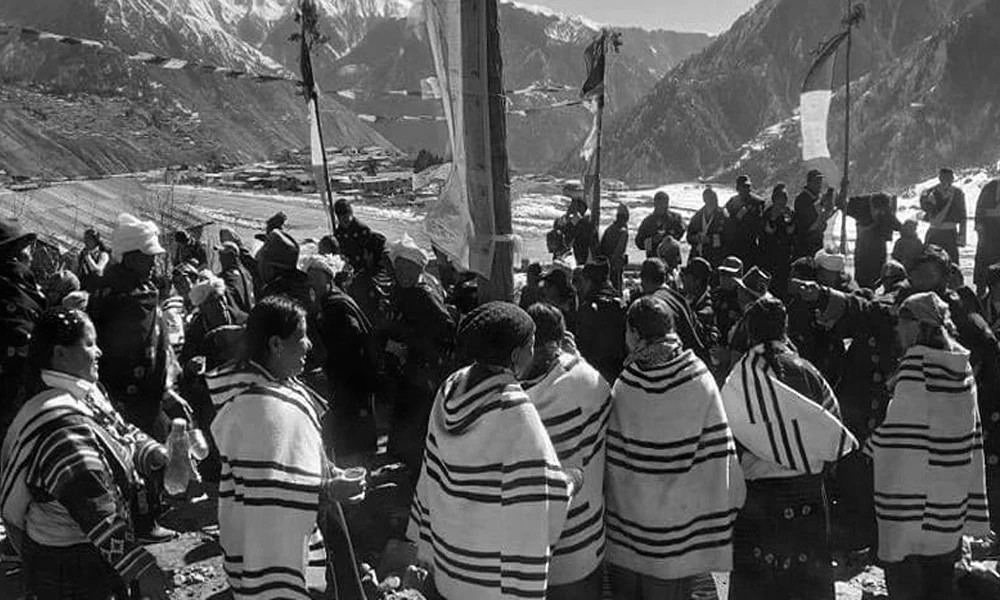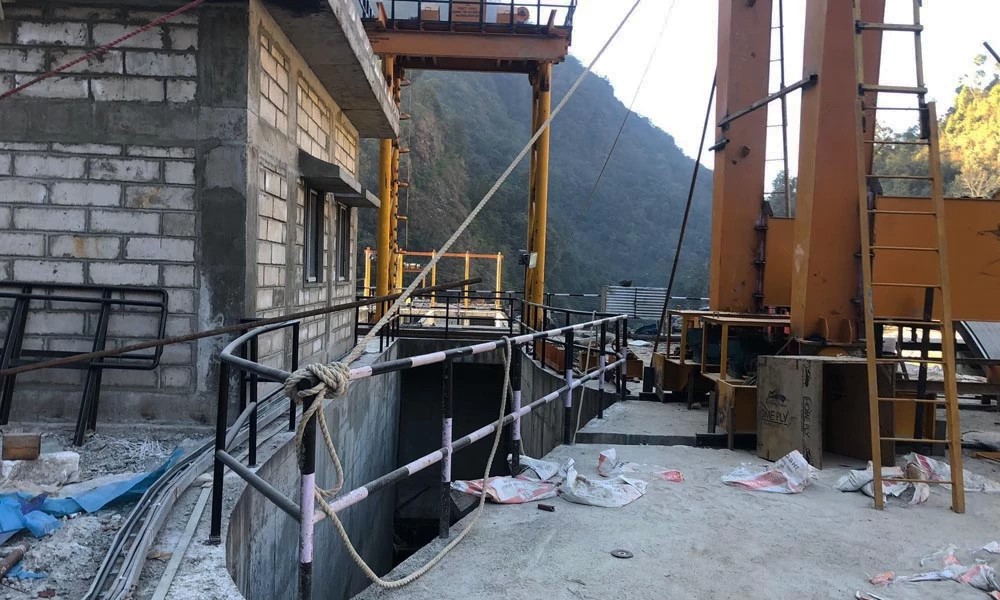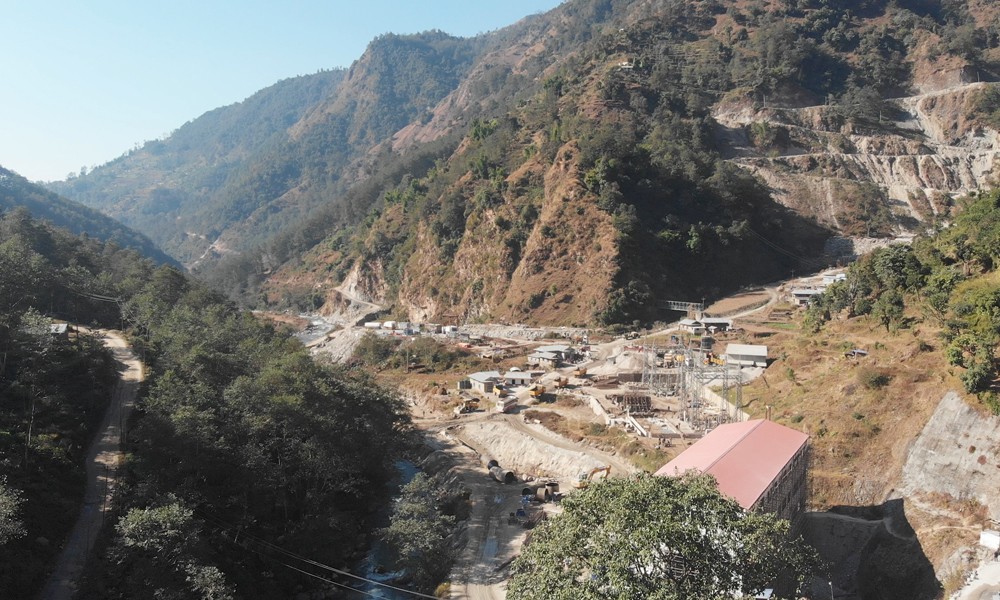After three people were killed in police firing in Saptari this week, an elderly vendor of hill origin told me in Kathmandu, "We should now make Upendra Yadav our new Prime Minister."
He did not know all Madhesi leaders. He knew only Yadav. So he wanted to see Yadav as Nepal's new executive head. When I wrote a Facebook status about it, some ridiculed me while others even abused me. They did not say it clearly, but I knew they meant they would not accept a Madhesi as their government chief.
whether we like it or not, but Nepal is not the same Nepal it once used to be. The dominance of a caste in Nepal is crumbling, and it has to end sooner for the better.
The truth is: whether we like it or not, but Nepal is not the same Nepal it once used to be. The dominance of a caste in Nepal is crumbling, and it has to end sooner for the better. If not Upendra Yadav, Mahanta Thakur or Rajendra Mahato of the Madhesi Front can become Prime Minister. If not anyone from the Madhesi Front, Bimalendra Nidhi of the Nepali Congress of Lalbabu Pandit of the UML can head our government. Or, a Janjaati – Ashok Rai, Subash Nembang or Narayan Kaji Shrestha – can be our Prime Minister. This could be a way to break the current deadlock, and feel all diverse ethnic communities that Nepal is theirs too.
We must now stop seeing Madhesis as Indians or Janajatis as dimwitted folks. If we say we all are equals, we must not hesitate to accept anyone as our Prime Minister.
After Nepal was declared a republic in 2008, polarisation has percolated form politics to society. The feud between hill people and Madhesi is growing. This is the result of how the major political parties are ruling Nepal.
We must now stop seeing Madhesis as Indians or Janajatis as dimwitted folks. If we say we all are equals, we must not hesitate to accept anyone as our Prime Minister.
What happened in Saptari is tragic, but what is more worrisome is that it may not be the last such incident. The politics of obstruction should have no room in a democracy, but who cares? And who is responsible for all this? Madhesi parties' decision to obstruct the UML's Mechi-Mahakali campaign shows that it is a political force bereft of political culture. But the UML that claims to be a national-level democratic party also acted irresponsibly. And the state also failed in Saptari. The government should have certainly guarded UML leaders, but should have also allowed Madhesi to express their dissent. Videos of police beating up people in Madhes have gone viral on social media, and they show the state apparatus reacted brutally to the dissent expressed by the Madhesi citizenry.
Nepal's marginalized indigenous communities, Madhesi, Muslim and minority groups are fighting for their rights. It is not just another battle against price rise, or other mundane problems. It is the struggle for their life and death
Nepal's marginalized indigenous communities, Madhesi, Muslim and minority groups are fighting for their rights. It is not just another battle against price rise, or other mundane problems. It is the struggle for their life and death. It is about the constitution, and its success or failure will shape their fate, and the lives of their future children. The government must ensure their rights to express their dissent. This is where the state has failed.
No one needs to teach Madhesis about nationalism. They are the custodians of the border. They have shed blood to guard our border with India. But the state always treats them as 'others'. It is the time the state gave them due respect, mainstream them and other marginalized communities.



